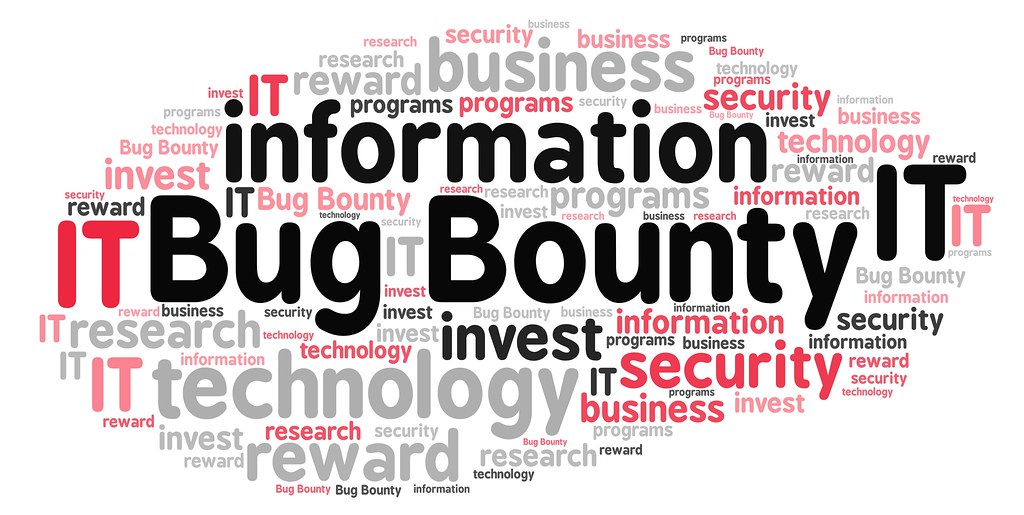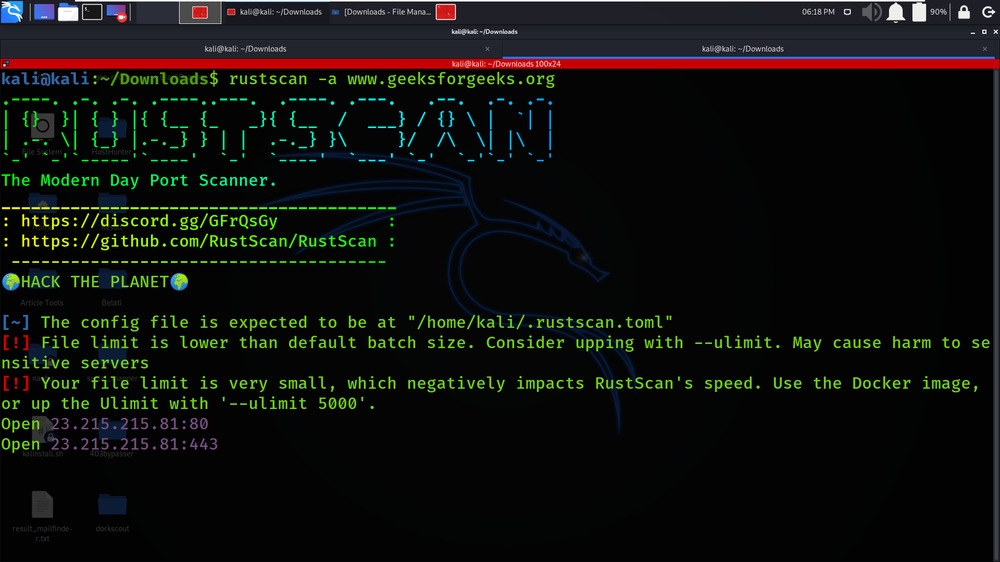Is your Windows PC a shield when it comes to cyber threats?
The constant debate rages on: does Windows still need antivirus protection in 2024. The answer may surprise you, even though technological developments have unquestionably boosted the operating system. Let’s examine the reasons antivirus software is still essential for your Windows protection as we venture into the digital battlefield.
The Protective Role of Antivirus Software:
Picture a guardian who is invisible and is always looking over your emails, apps, and data. That’s really how antiviral programs work.
- Scanning: It examines each incoming component closely and matches it with a large database of known malware.
- Detection: The antivirus program marks anything that seems questionable as possibly dangerous.
- Action: The dangerous file is then removed or quarantined, protecting your system from further damage.
Windows: A Target-Rich Environment:
Windows continues to be a popular target for hacks despite its advancements. According to Datto’s research, ransomware assaults have affected 91% of Windows devices, which is a startling statistic!
Potential Cyberthreats to Avoid:
A trustworthy antivirus serves as your virtual shield against a range of internet threats.
- Viruses: These self-replicating programs can proliferate and cause havoc on your system.
- Malware: These harmful software pose as trustworthy advertisements and infect devices or send visitors to risky websites.
- Ransomware: This type of cyber-extortion locks down your data and requests a fee to unlock it.
- Phishing: Phishing attacks are when someone uses phony emails, chats, or websites to obtain personal data.
- Drive-by Downloads: Unwanted software may be downloaded onto your device automatically by malicious websites.
- Password Attacks: To break your passwords, people use brute-force tactics, keylogging, or credential stuffing.
Windows Defender vs. Third-Party Antivirus:
Windows Defender, which is preinstalled in Windows, provides rudimentary security. Although it’s a good place to start, it doesn’t have the sophisticated features and strong performance of third-party antivirus programs.
Here’s why third-party options shine:
- Advanced Protection: They offer multi-layered defense against sophisticated threats.
- Performance: They often run lighter on your system, minimizing resource drain.
- Privacy Focus: Some prioritize user privacy, avoiding data collection and sale.
Choosing the Best Windows Antivirus:
With so many options, selecting the right antivirus can be daunting. Here are key factors to consider:
- Reputation: Check reviews, forums, and independent testing sites like AV-Test and AV-Comparatives.
- Effectiveness: Look for high scores in malware detection and blocking capabilities.
- Privacy: Ensure the provider has a transparent and user-friendly privacy policy.
- Ease of Use: Opt for an intuitive interface and straightforward configuration.
- Features: Consider essential features like real-time scanning, firewall protection, and email filtering. Bonus points for extras like password managers or VPNs.
Conclusion:
Antivirus Software Is Still Important
For Windows users, antivirus software is still a must in the constantly changing world of the internet. Relying only on built-in protection is a risk you shouldn’t take, as tailored attacks are becoming more frequent and even fundamental dangers are changing. For total peace of mind, invest in your digital security and select a powerful antivirus program.
You may also like:






